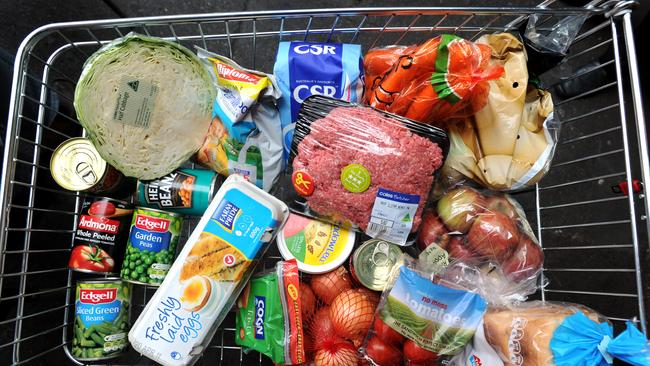More remote indigenous going hungry
Indigenous people in remote communities are running out of food more often, despite millions being paid to support government-owned retailers.

Indigenous people in remote communities are running out of food more often, despite millions of dollars being paid to support government-owned retailers such as Outback Stores.
According to Australian National University research, the proportion of indigenous people living in very remote communities who ran out of food rose from 37 per cent to 43 per cent between 2013 and 2019.
That’s partly because between 2006 and 2016 incomes for indigenous people in those areas fell for most households.
The Australian has this week reported on several issues at retailers in remote communities, with Outback accused of sending unwanted fruit and vegetables to stores and leaving them to wear the cost of subsiding the waste.
The Australian also revealed another retailer, Community Enterprise Queensland, was selling some staples at five times mainstream supermarket costs, according to a comparison by the Torres Shire Council. Moccona coffee usually costing about $15 sold for $55.72, it found.
ANU researchers Francis Markham and Sean Kerins, in a submission to a parliamentary inquiry into the issue, wrote that bringing food prices in remote areas into line with those in cities would cut the proportion of households running out of food “by about 10 per cent”.
However, the submission notes, even if cheap food were able to be delivered to remote communities, “a significant proportion of residents of remote indigenous communities would still be going without sufficient food,” Dr Markham and Dr Kerins, of the Centre for Aboriginal Economic Policy Research, write.
The increase in the number of households going without food has occurred despite the establishment of Outback in 2006, with the federal government contributing $40m to help improve food security in the bush.
In subsequent years, Outback received a further $45m and has so far spent about $39m of the total, including on subsidising “unviable” remote retail outlets.
Outback operates stores in almost 40 remote communities on a fee-for-service basis.
In its submission to the inquiry, Outback defended its pricing and said comparing them to mainstream supermarkets was “unrealistic”.
“We suggest a national-level collaboration is required between a broad range of stakeholders, including manufacturers, wholesalers, major retailers, remote operators, store owners and governments, to first recognise the disproportionate impact of the high cost of acquiring goods in remote retail environments and then collectively work towards putting mechanisms in place to improve affordability for remote community stores,” Outback wrote in the submission.
The retailer attacked critics of the $20m in rebates Outback had collected since 2008, saying it was “simply naive and simplistic to link responsible management of rebate income to high sell prices … In many cases, the supplier will not apply a cost price reduction in lieu of the value of rebate that can be negotiated.”
Aboriginal Investment Group, a critic of Outback’s practices, has provided evidence that rebates accounted for $8.80 in the $33.70 price of a tub of baby formula. The same product could be sold for just $24,90, AIG said.
Outback also argued communities that relied on private store managers exposed themselves to higher fees and potentially unscrupulous practices. It called for more regulation.
An OBS spokesman declined to comment on the submission.




To join the conversation, please log in. Don't have an account? Register
Join the conversation, you are commenting as Logout